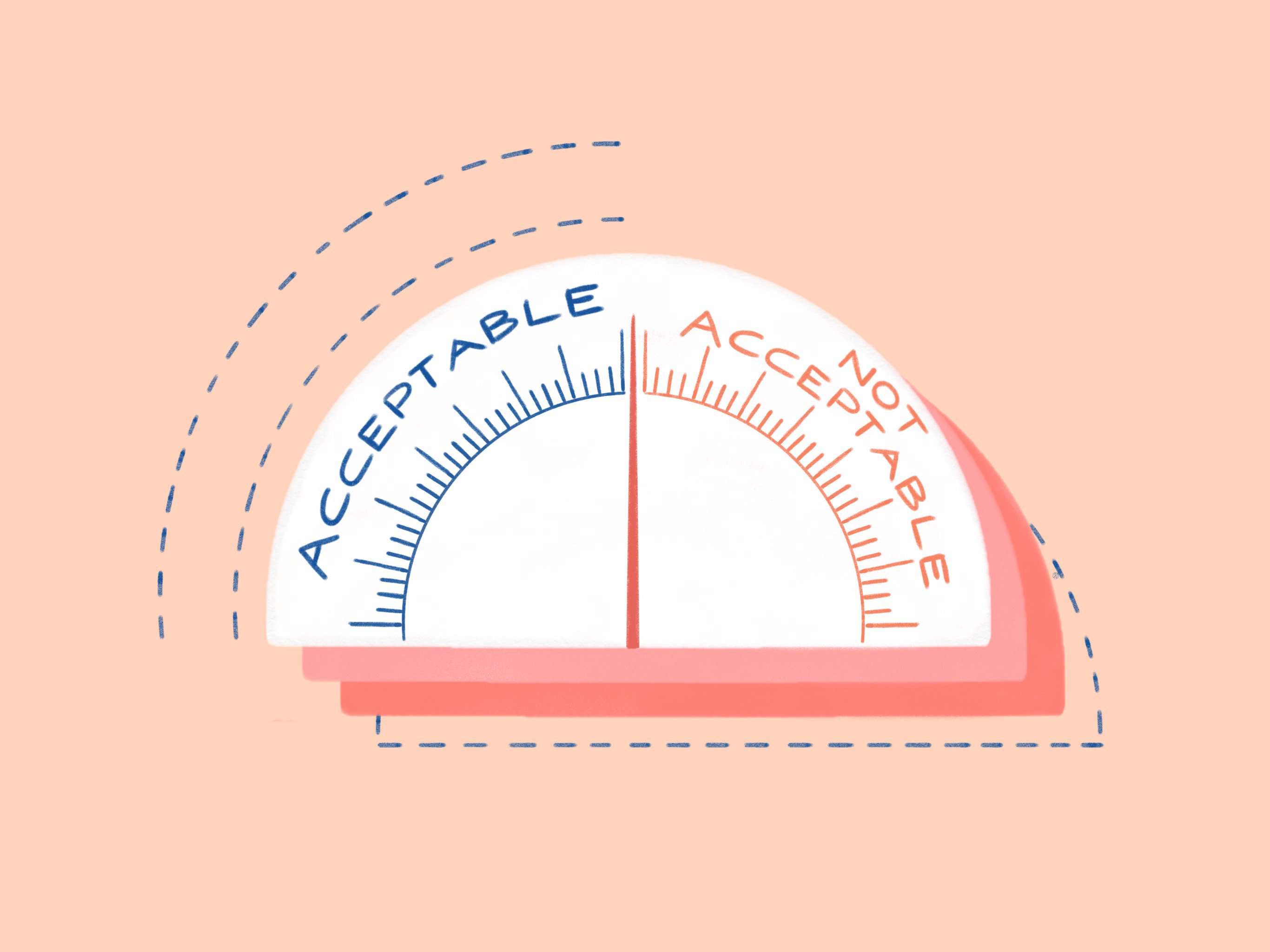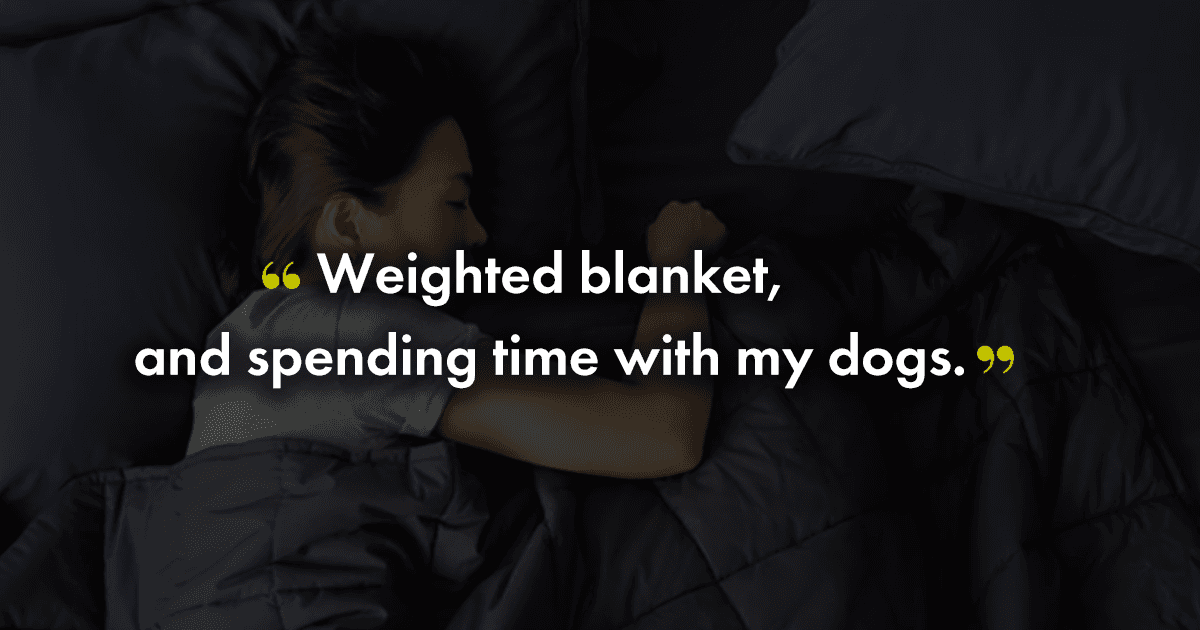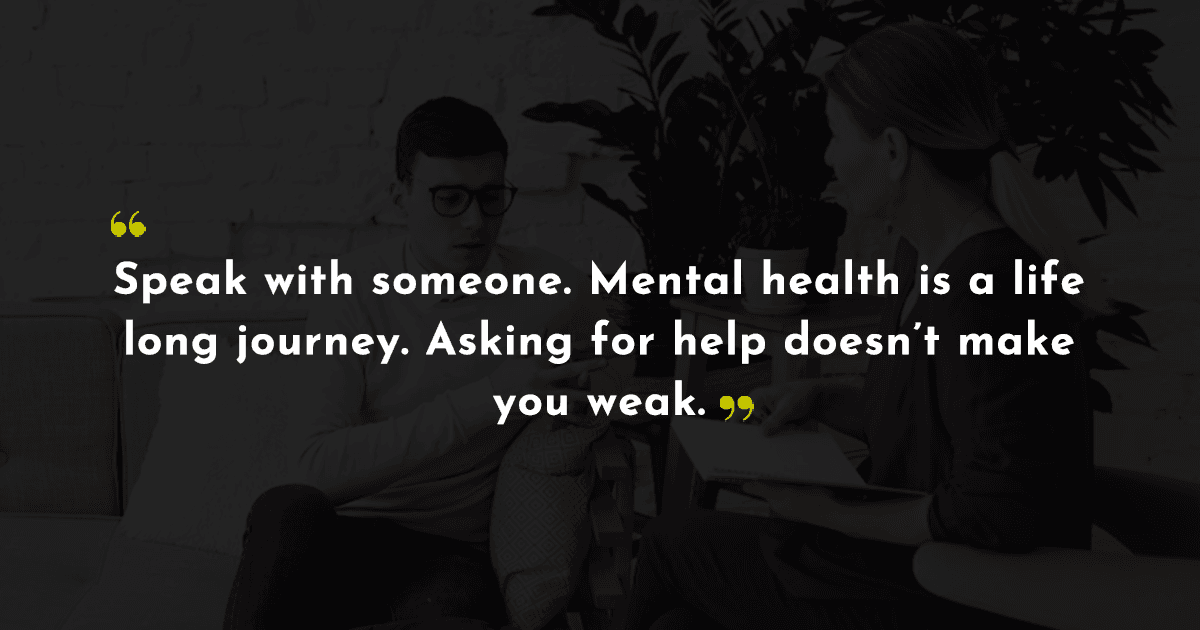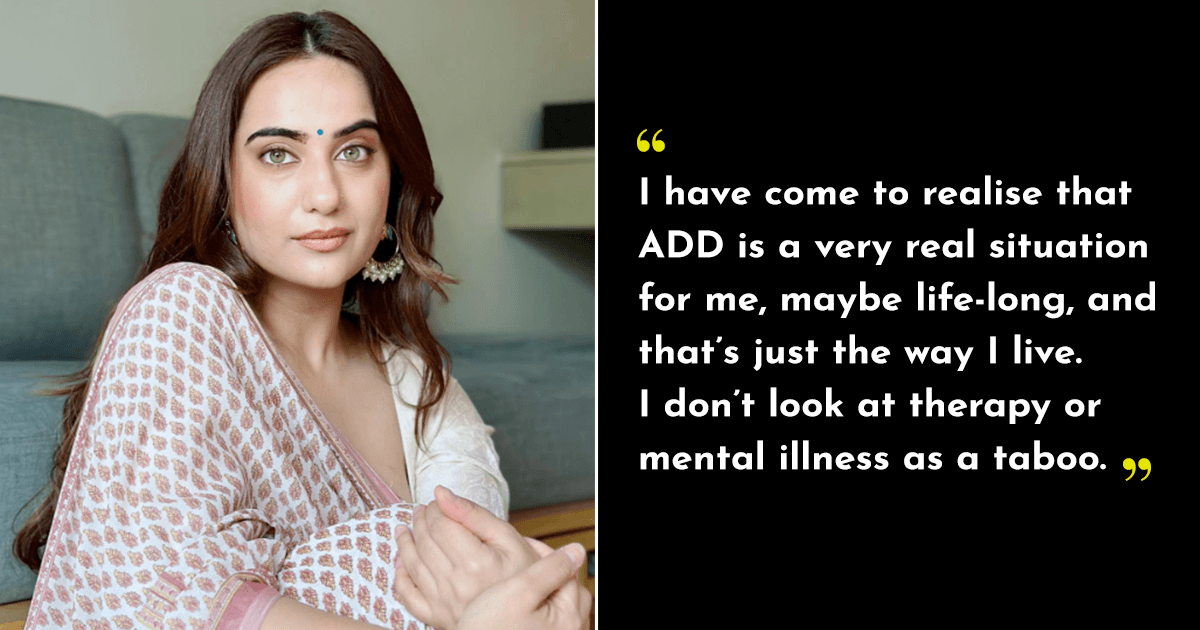Diet Culture is toxic. Please have no second thoughts about that. It nurtures insecurities related to body size, food intake, and propagates an overall dissatisfaction with self.

Before you ask, what is Diet Culture?
Diet Culture is a set of distorted belief systems that worships the idea of an ‘ideal’ body shape and size. The belief is usually so strong and rigid that it doesn’t really take into account the strain that rigorous dieting puts on an individual’s mental or physical health. The quest to achieve ‘ideal’ is considered of paramount importance.
The culture normalizes the idea of curtailing caloric intake and views having a thin body size as a moral virtue. The consequence of diet culture is that it results in disordered eating habits and an unhealthy obsession with body size. You’re constantly food-policing yourself and denying what your body needs. Fatphobia is a product of diet culture.

Diet culture is a serious issue, people. Now, if you’re wondering whether you are a product of this toxic culture, here are 14 subtle signs for you to discern yourself.
1. You have denied yourself that chocolate dessert your body was craving for only because of the calories you’d gain.
2. You have either bought or thought of buying a body-shaper.
3. You are frequently checking your weight.
4. You have not worn a dress because you thought you were looking fat.
5. You have seen a celebrity on Instagram and felt insecure about your body size.
6. You have body-shamed your friend as a joke. “Wow, you’ve gained some extra calories!”
7. You check for calories before you purchase any food item.
8. You’ve overexerted yourself in the gym in your desperate bid to lose weight.
9. You have felt extremely guilty and ashamed about having a cheat-day.
10. You have forced yourself to vomit after consuming a lot of food.
A symptom of bulimia. Unhealthy and serious. If you do this, please consult a doctor.
11. You follow aggressive diets for a quicker weight loss.
12. You have bailed on plans because you thought you looked ‘too fat.’
13. You deliberately wear loose clothes to hide belly-fat.
14. Your new year resolution is to lose weight.
The fact is that bodyweight is an incorrect measure of health. Not just food but our genetic composition, changes in lifestyle, and our immediate environment influence our body weight. So next time when you’re thinking about losing some weight, stop right there and introspect. It is high time we begin accepting Health At Every Size.
One could be healthy with a larger body and super unhealthy with a smaller one. And if you are dying to attain that ‘ideal’ body? Please don’t. What is ideal is very subjective and is essentially our falsified perception of bodies manufactured by social media.

















